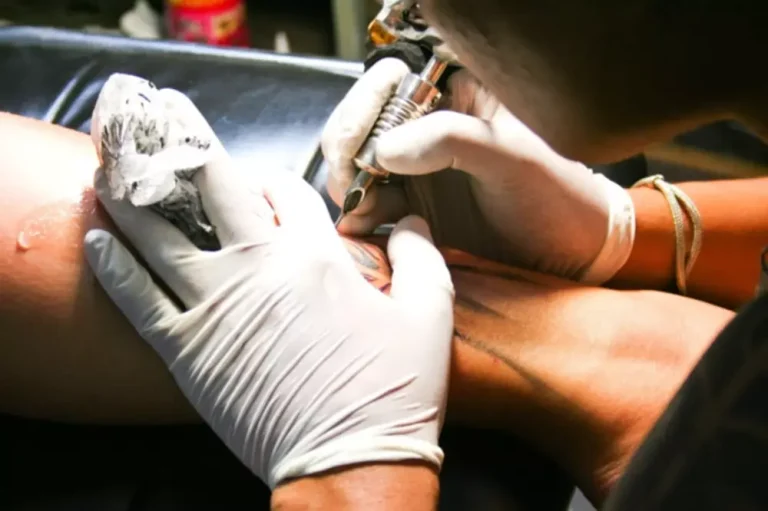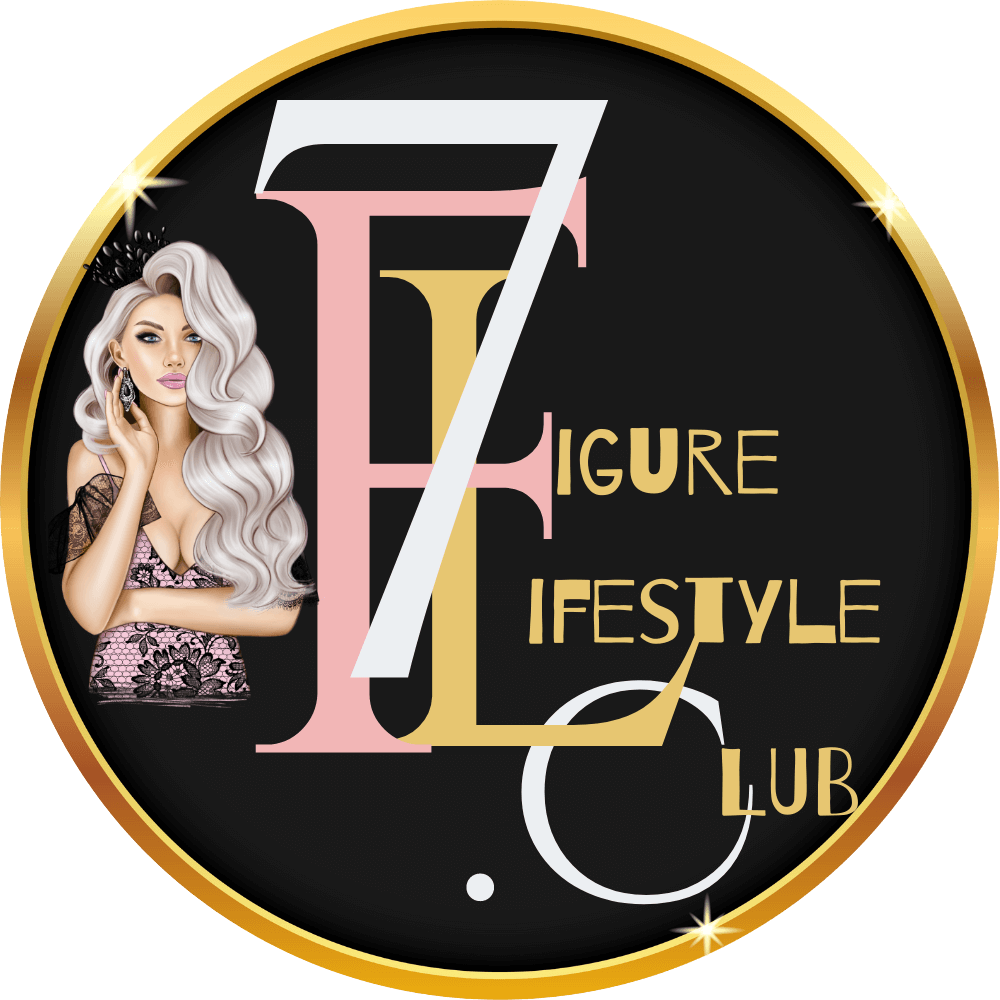Benefits of vitamin supplements for alcohol withdrawal syndrome

Address these issues while being sure to repair your body from drinking. We’ll dive into each type in related articles to help you determine whether or not you think these alcohol detox supplements are right for you. In my experience, my nutritional deficiencies were resolved after one to three months of supplementation. Kudzu might be helpful for those who struggle with alcohol because some data show that it can help reduce alcohol intake, even in those who drink heavily. Further, kudzu does not affect sleep cycles and may start working after a single dose.
What types of supplements might be particularly helpful for recovering alcoholics?

N-acetyl-cysteine (NAC) is a modified form of the amino acid cysteine. Thirty subjects with methadone dependence were given 2 grams of ALCAR daily during a 3-week detoxification period, and it reduced their pain and the length of their withdrawal (49). It has neuroprotective and cognitive-enhancing effects, and as I’ve discussed before, it can support your mitochondria, protect your brain from alcohol, and help you overcome brain fog.
- Benzodiazepines are anti-anxiety and anticonvulsant drugs that must be prescribed by doctors.
- The responses to comments on fitrecovery.com are designed to support, not replace, medical or psychiatric treatment.
- To prevent anemia and related issues, it is essential to ensure an adequate intake of folic acid and other B-complex vitamins.
- When you drink too much, you’re more likely to eat foods that are high in added sugar, salt, and saturated fat.
Effects on digestion
Early research suggests that omega-3 interventions may help control issues related to alcohol dependence, reduce withdrawal symptoms, and potentially prevent relapse. Omega-3 supplements may also improve sleep, reduce inflammation, and improve symptoms of depression and anxiety. DL-phenylalanine can also be a useful supplement for alcohol withdrawal. Although small amounts of alcohol may not have a big impact on your nutritional health, many chronic, heavy drinkers struggle with significant nutrient deficiencies. Good nutrition in recovery can also boost your mental health—an important factor in maintaining your sobriety. Amino acids, the building blocks of protein, are crucial for maintaining and repairing the body’s tissues, including muscles, bones, and organs.
What vitamins help the liver recover from alcohol?
- In this case, the insufficiency is either the existence of unresolved emotional difficulties or the absence of healthy coping mechanisms.
- Selenium deficiency is common in those who struggle with alcohol, especially if they have liver disease.
- Because those who struggle with alcohol often have nutritional deficiencies, a zinc deficiency is possible, and supplementation can be helpful.
- The best inpatient programs incorporate evidence-based treatment approaches such as medication-assisted treatment (MAT), support groups, and therapy.
- It does this by naturally improving the stimulation of the reward system, which reduces the need for stimulation by nicotine or by others addictive substances (85).
- Heavy alcohol use can disrupt the absorption of certain nutrients in the body and negatively affect the body’s ability to maintain adequate levels of essential nutrients.
People may need professional help to get them through withdrawal, help manage their symptoms, and provide the best chance of successful rehabilitation. Many treatment protocols for AWS involve supportive care as the person withdraws to ease the discomfort of the symptoms. Supplements are products that are taken orally to supplement or add to the nutrients that someone gets from their diet. The neurotransmitters in your brain produce dopamine to help you “feel good”, however, drinking interrupts these neurotransmitters.

Alcoholism and Memory Loss
Before starting any new supplement, you should first discuss doing so with your doctor. This is because some supplements need to be closely monitored, including minerals like magnesium, which can build up in your body if you take too much. Further, some supplements may have drug interactions with your existing medications or can worsen other current medical conditions. Because alcohol is an immunosuppressant, some people take vitamin C to combat some health risks of alcohol use. However, there is little support in clinical studies for using vitamin C for this reason. One animal study showed that ashwagandha helps control mood changes, anxiety and seizures from alcohol withdrawal, but this effect has not yet been studied in humans.
Vitamin C is an essential water-soluble nutrient that the body needs for many biological processes such as, enzyme reactions, hormone synthesis, and tissue structure. However, some doctors dispute the use of vitamin C supplements and no official guidelines exist for treatment during alcohol withdrawal. Individuals with alcohol use disorder may experience deficiencies in vitamins such as vitamin B. A doctor what are the best supplements a recovering alcholic should take may recommend taking supplements to help them through the detoxification process. Recovering alcoholics may need supplements because alcohol abuse can deplete the body of essential nutrients.
What Essential Vitamins Do Drinkers Need?
After detox, inpatient rehab at a certified treatment center is the best way to ensure that you or a loved one get the care and support you need. This is why some people with a heavy drinking problem report a loss of smell and taste. A big part of detox is stabilizing the brain and emotions, so vitamin C may be helpful in this. To put it simply, NAC enables your liver to create Glutathione, and Glutathione is your body’s primary detoxification mechanism. BetterHelp offers affordable mental health care via phone, video, or live-chat.

Limited information is available about whether selenium is helpful in those who struggle with alcohol or during alcohol withdrawal. However, because it supports the immune system and alcohol suppresses it, some people may take supplements with selenium for its immune-boosting properties. While vitamins alone cannot treat alcohol withdrawal syndrome, B vitamins, especially thiamine (B1), may be administered as part of medical treatment to address nutritional deficiencies. Cannabidiol, or CBD, is a compound that naturally occurs in the cannabis plant. More research is needed, but early studies suggest that CBD may help with pain management, anxiety, alcohol cravings, and even liver and brain damage linked to excessive drinking. Despite its presence in marijuana, CBD itself does not cause an individual to feel high.

Vitamin C helps to keep the skin healthy, and plays an equally important role in the health of bones, teeth and blood vessels. Deficiencies in vitamin C can cause symptoms that include irritability, weakness and muscle fatigue. The best source of vitamin C in the United States is orange juice from frozen concentrate (more of the vitamin is preserved when the oranges are frozen). Whether you’ve suffered from alcohol withdrawals or you’re trying to help someone else, you’ll want to become familiar with the alcohol withdrawal vitamins and supplements listed below.
Join the Free 30-Day Alcohol Experiment
- It has long been used as a traditional remedy for a variety of illnesses, including liver damage.
- It’s important to point out that many prescription drugs are anticholinergic, meaning they reduce acetylcholine in the brain.
- This contributes to greater stability in recovery, making it easier to stick with sobriety.
Although many different B vitamins can be impacted by drinking, one of the most dangerous B-vitamin deficiencies is thiamine or vitamin B1. Lack of vitamin B1 can cause a life-threatening condition called Wernicke-Korsakoff syndrome. For this reason, those who struggle with alcohol are often told to take vitamin B1. Certain vitamins and minerals can help to support the body and mind while withdrawal symptoms occur. These 9 nutrients, vitamins and supplements have helped me minimize withdrawal symptoms, overcome my addictions, and get on with my life. Supplementing with specific vitamins and minerals like thiamine, vitamin C, and magnesium can support your liver’s recovery and restore essential nutrients that AUD has depleted.

 We use cookies to optimize our website and our service.
We use cookies to optimize our website and our service. 
